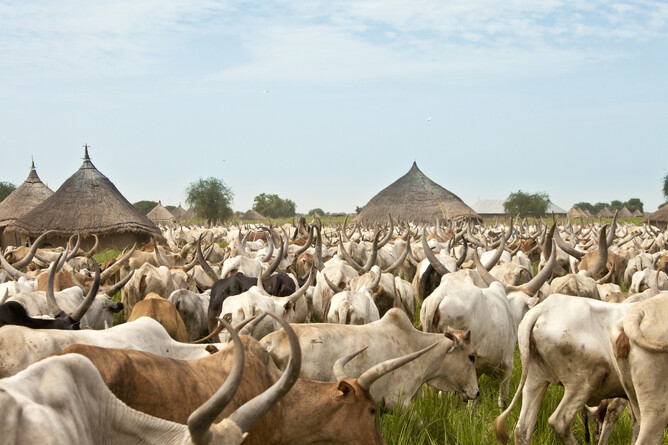Part 3
Last week we observed two different views of poverty—one that sees it as simply the lack of stuff, while the other takes into account the disempowerment driving the side effect of material lack. Now we’ll take a closer look at what is behind the power imbalance that leads to disadvantage.
Poverty has links to the behaviour of the powerful
Proverbs speaks of the poor being exploited and crushed (22:22), oppressed (28:3), mocked (17:5), denied mercy (18:23), shunned and avoided (19:7). Passages like this highlight how those with power contribute to the condition of the poor.
Psalm 10 talks about the arrogance and pride of people who believe they are entitled to do what they like with the poor. They act like they are anointed to rule and have the right to do to others what they would never want done to them.
Oppression evokes images of guns and armed militants, but it can also be the work of accountants, lawyers, company boards and political rulers. These people use words and numbers rather than guns, but their ends are the same.
Lies are an instrument of disempowerment
There is an African tribe that believes that God has given all the cattle in the world to them. They are convinced that cattle owned by other tribes must have been stolen at some point, and so they feel entitled to raid other tribes because all cattle are rightfully theirs. Their sense of entitlement is driven by a lie.
This happens here as well; many in the West believe they are entitled to take the resources of other countries if they can get away with it.
Psalm 10:7 says that lies are used as an instrument of oppression by the proud. In 1 Kings 21, Ahab and Jezebel want Naboth’s vineyard so they lie about him. Naboth is tried and executed, and Ahab claims his land. They used the legal system to make murder and stealing appear legitimate.
If you steal someone’s land, people will see the injustice. But if you first depict them as unworthy of the land, then the theft is easier to get away with. Similar lies that depict people as sub-human can justify making them slaves or workers subject to unfair wages or inhumane conditions.
Jesus was tried and executed based on lies. The Jewish leaders constantly lied about him, and he told them, “You belong to your father, the devil … he is a liar and the father of lies” (John 8:44). There is something satanic about people who lie to use others for their own advantage.
Poverty is often not about stuff but about powerlessness. Behind this lack of power is oppression legitimated by lies. And behind the lies are forces of evil.
Next week we’ll finish up by highlighting the way that poverty mars people’s true identity, and finally ask how we can try to alleviate its root causes.
Ross Farley
Orignally Published In Serving Together, an Australian Missionary Tidings (AMT) Publication. Used With Permission. www.amtglobal.com.au

